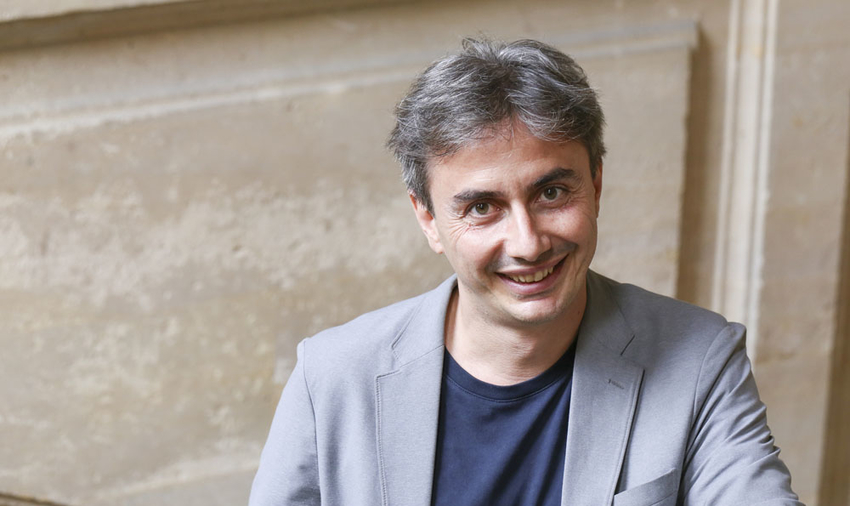Spotlight on...
Spotlight on...

 Emeric Henry, Associate Professor
Emeric Henry, Associate Professor
Are you interested in pursuing a PhD in Economics? A key discipline taught at the college level, Economics is also one of the pillars of research at Sciences Po. What kind of research in Economics does Sciences Po do? How does one select a PhD topic in this discipline? Emeric Henry, Associate Professor at the Economics Department in Sciences Po, director of studies in Economics at the Doctoral School, offers some advice and answers.
Tell us about your career
After studies in statistics and economics, first at Paris Dauphine and then at ENSAE, I did the last year of my ENSAE degree in exchange in Stanford with a Fullbright scholarship. My plan was then to quickly start my professional life. Most importantly my plan was to avoid doing a PhD: coming from a family of academics (all my older brothers have a PhD), I wanted to mark my originality! However, taking classes in the department of economics, my taste for the topic grew even more and this, and other more personal reasons, led me to significantly revise my plans and to begin a PhD in the department of economics at Stanford under the supervision of Doug Bernheim. These were exceptional years, particularly valuable because of the interactions with other phd students. After that I got a position as assistant professor of economics at London Business School. After 4 years, I decided to return to France when the department of economics was created in Sciences Po. I was excited by this new adventure (still risky at the time), but that turned out to be a great success. I never regretted that choice.
What are your searches on?
The advantage of research in economics is certainly that you can touch on a host of different topics. Some will say it is also its main weakness... The question of innovation was at the core of my early work, in particular the attempt to understand what mechanism can guarantee profits for innovators, even in the absence of legal protection. The question of innovation remains one of my topics of interests, in particular questions of regulation. However, my research interests now touch more widely on the topic of law and economics, in particular studying the determinants of legal decision making.
You are director of doctoral studies in Economics. What do you find interesting about supporting the studies of Masters and PhD students?
One of the aspects of the work of a researcher and teacher that I particularly like is to attend research seminars, be exposed and discuss ideas of others. This is particularly true for the work of doctoral students, first because the input you can bring is more valuable, but also because they have a fresher approach to research questions and are not yet stuck in literature driven work. Thus, following students and accompanying them as head of the doctoral studies in economics fits perfectly my vision of our work. I tried to put a special emphasis on first putting in place systems giving students access to more faculty members and not just their supervisor and second organizing workshops and feedback to prepare them to get the best possible academic job.
What do you believe are the keys to successfully completing a PhD?
Although there is obviously no miracle recipe, I feel that one of the keys to successfully completing a PhD is not to let yourself be stuck too early in a topic. Students have to let their tastes and interests slowly develop. At no stage of an academic career will you have so much time to just sit down and reflect. The second is to really try to focus on questions that you fundamentally find exciting and not just questions that are currently fashionable or a the momentary obsession of your advisor.
More information :
- On Emeric Henry and the of Sciences Po's Department of Economics
- On the Master in Economics
- On the Doctorate in Economics
Photo: Emeric Henry
Credits: Caroline Maufroid / Sciences Po










